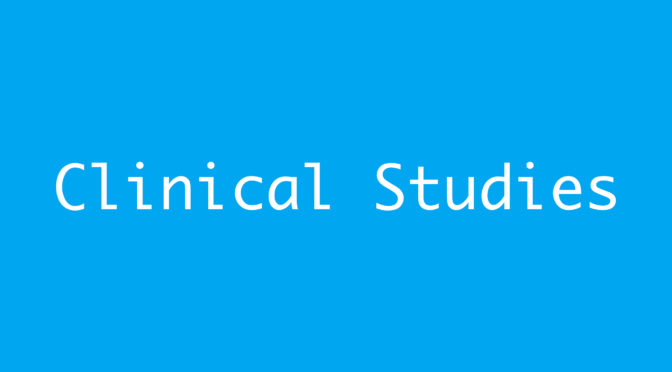In a recent study by the Massachusetts General Hospital Department of Radiation Oncology, the use of proton therapy for intrahepatic cholangiocarcinoma (ICC) was shown to more effectively control the cancer and improve the chances of survival – particularly in comparison to conventional (photon) radiotherapy.
Cholangiocarcinoma is a cancer that develops in the cells within the bile ducts; both inside and outside the liver. The terms cholangiocarinoma and bile duct cancer are often used to refer to the same condition. This condition occurs slightly more often in males than females and usually affects people who are between 50-70 years old. Signs and symptoms of intrahepatic cholangiocarcinoma include jaundice, abdominal pain, fever, weight loss, weakness and itching. Treatment options may include surgery (when possible) to remove the bile duct and parts of the liver, chemotherapy and radiation.
In certain cases cholangiocarcinoma is an unresectable form of cancer. Unresectable cancer is defined as a cancer or tumour that cannot be removed completely through surgery. In these cases, radiotherapy and chemotherapy offer the best chances of survival.
The aim of this study was to evaluate outcomes for patients with unresectable intrahepatic cholangiocarcinoma (ICC) treated with hypofractionated proton or photon radiation therapy.
66 patients with unresectable intrahepatic cholangiocarcinoma were treated with hypofractionated proton (32 patients) or photon (34 patients) radiation therapy. Median radiotherapy (RT) dose was 58.05 Gy, all delivered in 15 daily fractions. On multivariate analysis for overall survival (OS), compared with photon RT, there was a trend towards improved survival with proton RT (HR 0.50; p = 0.05).
Median follow-up times from diagnosis and RT start were 21 months and 14 months, respectively. In total, five patients (7.6%) developed local failure. The 2-year outcomes were 84% local control (LC) and 58% OS. Among the 51 patients treated with definitive intent, the 2-year LC rate was 93% and the OS rate was 62%.
The study concluded that hypofractionated radiation therapy yields high rates of local control and is an effective modality to optimize biliary control for unresectable/locally recurrent ICC.
At the ESMO World Congress on Gastrointestinal Cancer 2019, it was identified that high dose radiotherapy in unresectable ICC should be considered as a viable treatment option, in combination with systemic therapy.
This study adds to the growing body of evidence suggesting proton beam therapy as a safe and effective treatment for patients with unresectable ICC. It is proposed therefore, that – pending further research – proton therapy be utilised as a curative treatment for ICC.
Sources:
Hong TS, Wo JY, Yeap BY, Ben-Josef E, McDonnell EI, Blaszkowsky LS, Kwak EL, Allen JN, Clark JW, Goyal L, et al. Multi-institutional phase II study of high-dose Hypofractionated proton beam therapy in patients with localized, Unresectable hepatocellular carcinoma and intrahepatic Cholangiocarcinoma. J Clin Oncol. 2016;34(5):460–8
Ohkawa A, Mizumoto M, Ishikawa H, Abei M, Fukuda K, Hashimoto T, Sakae T, Tsuboi K, Okumura T, Sakurai H. Proton beam therapy for unresectable intrahepatic cholangiocarcinoma. J Gastroenterol Hepatol. 2015;30(5):957–63
Shimizu, S., Okumura, T., Oshiro, Y. et al. Clinical outcomes of previously untreated patients with unresectable intrahepatic cholangiocarcinoma following proton beam therapy. Radiat Oncol 14, 241 (2019)
Smart AC, Goyal L, Horick N, Petkovska N, Zhu AX, Ferrone CR, Tanabe KK, Allen JN, Drapek LC, Qadan M, Murphy JE, Eyler CE, Ryan DP, Hong TS, Wo JY. Hypofractionated Radiation Therapy for Unresectable/Locally Recurrent Intrahepatic Cholangiocarcinoma. Ann Surg Oncol. 2019 Dec 23. doi: 10.1245/s10434-019-08142-9 [Epub ahead of print]
Ustundag Y, Bayraktar Y. Cholangiocarcinoma: a compact review of the literature. World J Gastroenterol. 2008;14(42):6458–66

